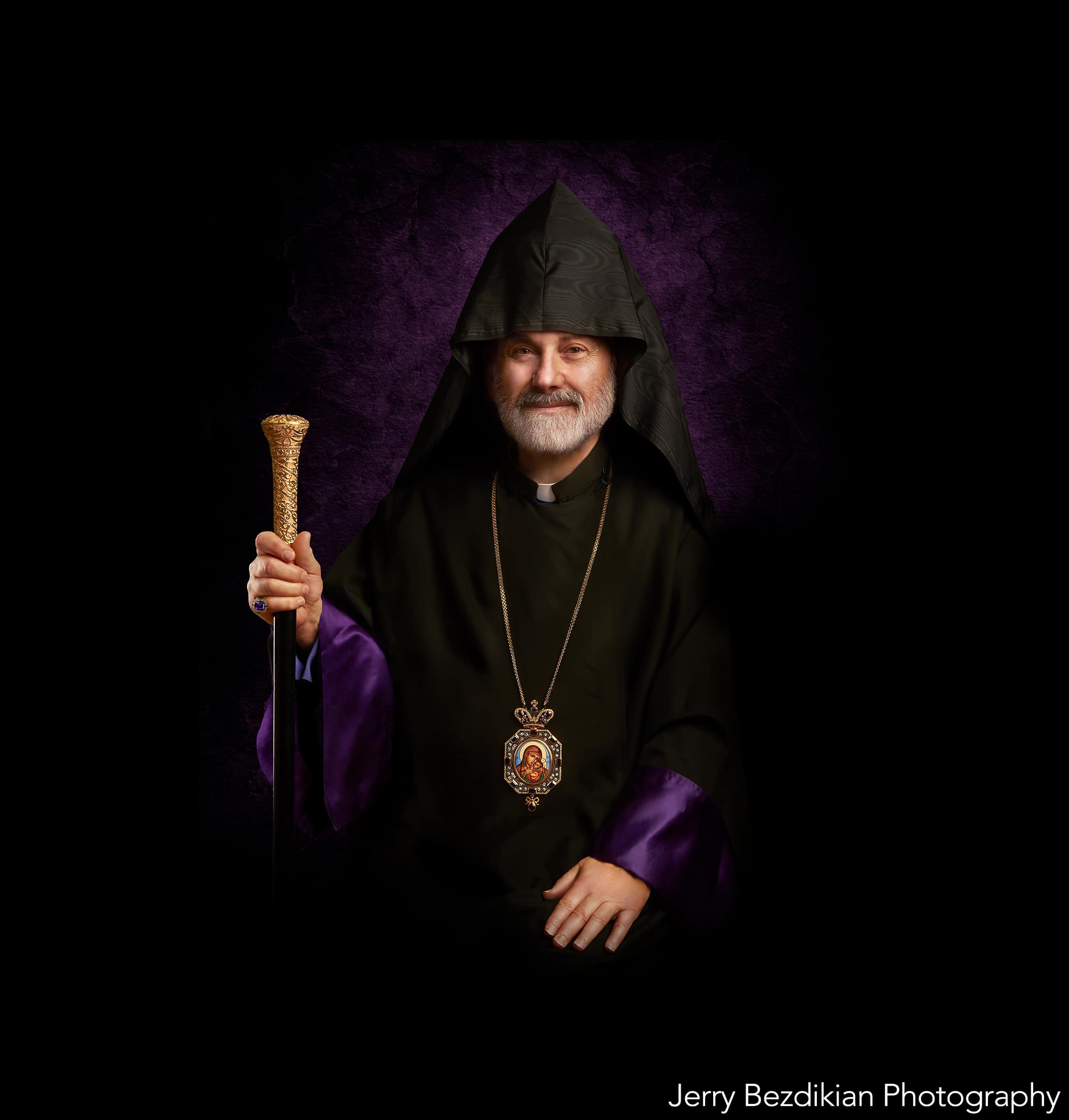The Prelate’s Sermon, Sunday, March 13
The third Sunday of Great Lent is titled the Sunday of the Prodigal Son, after the parable told by our Lord Jesus Christ and recorded in the Gospel of Saint Luke 15:11-32. This parable is a precious gem, as the crown of two preceding parables with their common happy ending stories of finding that which is thought lost: a sheep (15:3-7), a silver coin (15:8-10), and a son (15:11-21).
It is true that the focus of each parable is different, yet they are correlated fabulously. I would like to share a few thoughts while contemplating these precious parables as one entity.
- Our Lord Jesus Christ embraces in His Teaching harmoniously the entire Creation, making clear a very important truth that all the elements in one way or another are related and are important for the progress of life on earth.
- The hero of the first parable is a shepherd who loses his sheep and goes after it. After finding the lost one, the shepherd carries it on his shoulders and shares his joy with his friends. The sheep as an animate, irrational, and intimate creature, along with the untamed animals, constitutes an essential component in human beings’ survival on different levels.
- The actor of the second parable is a housewife who loses a silver-coin and after sweeping the house and searching carefully, when she finds it, she shares her joy with her friends and neighbors. The silver coin presents the inanimate element of the Creation, which is part and parcel of humans’ interrelationship.
- The hero of the third parable is a heart-broken father who, upon the return of his prodigal son home, welcomes him more warmly than the son could expect.
- The theme of the parables is subdivided into five movements: losing someone or something; searching for that person or thing; not yielding in the quest; finding the person or thing; and sharing the joy with family and friends. In the third parable, the very gesture of the father running out to meet his lost son exemplifies the five movements all at once.
- The central piece of these three parables of course is the third one. The most striking fact in this moving tale is the unconditional love of the father. He neither rebukes nor blames his son for his irresponsible and shameful act, but rather welcomes him, and without paying much attention to his son’s apologies, orders the servants to reinstate his son to his original honor. This does not mean that the father totally ignored the son’s sinful acts, but rather highly appreciated his son’s coming to the realization of his error and repenting, then coming back and confessing his unworthiness.
By witnessing this kind of moving scene, I am sure that Saint Paul’s eloquent treatise on Love becomes a living, inspiring, and most positive, constructive power: “Love is kind, love is not envious or boastful or arrogant or rude. It does not insist on its own way; it is not irritable or resentful; it does not rejoice in wrongdoing but rejoices in truth…” (1 Cor 13:4-6). Indeed, when we regard our relationship as parents and children, employers and employees, teachers and students, etc., ‘naturally’ we reproach the person who has neglected our advice or command and stands in front of us apologizing for their failure. Sometimes with mockery and sometimes with pity we like to remind them of the superiority of our wisdom by saying, ‘How many times I have told you, but you…”
This golden rule of humbly and sincerely acknowledging the shortcoming on the one hand, and the tremendous showering of understanding, forgiveness, and care on the other hand, constitutes the balance of a harmonious, peaceful, and productive relationship. This is the core of our Lord’s message for all generations.
Having been instructed by Jesus Christ, our Lord and Brother, and being provided with the third essential step of the ladder which elevates us and brings us closer to our Father, let us all humbly in the repenting spirit of the prodigal son approach our forgiving and loving Heavenly Father to whom befits glory and honor with His Only Begotten Son and the Holy Spirit. Amen.

